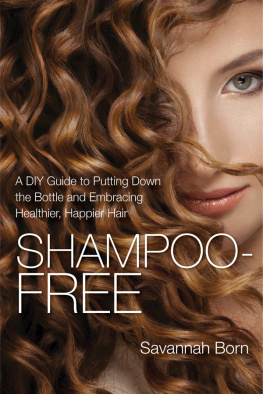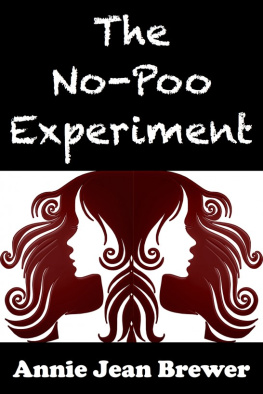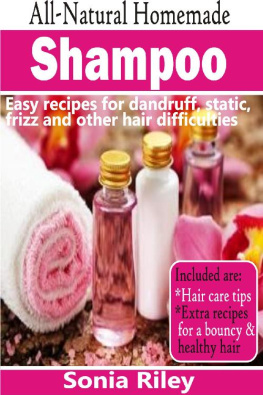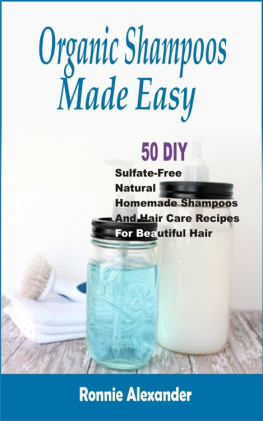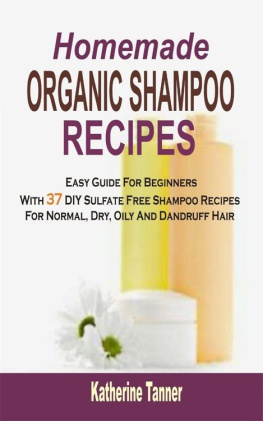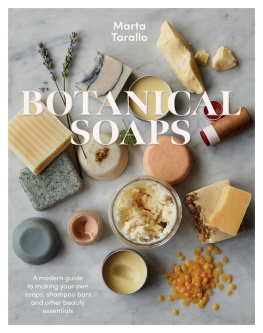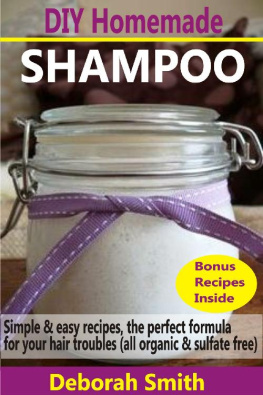Copyright 2015 by Savannah Born
All rights reserved. No part of this book may be reproduced in any manner without the express written consent of the publisher, except in the case of brief excerpts in critical reviews or articles. All inquiries should be addressed to Skyhorse Publishing, 307 West 36th Street, 11th Floor, New York, NY 10018.
Skyhorse Publishing books may be purchased in bulk at special discounts for sales promotion, corporate gifts, fund-raising, or educational purposes. Special editions can also be created to specifications. For details, contact the Special Sales Department, Skyhorse Publishing, 307 West 36th Street, 11th Floor, New York, NY 10018 or .
Skyhorse and Skyhorse Publishing are registered trademarks of Skyhorse Publishing, Inc., a Delaware corporation.
Visit our website at www.skyhorsepublishing.com.
10 9 8 7 6 5 4 3 2 1
Library of Congress Cataloging-in-Publication Data is available on file.
Cover design by Sarah Brody
Cover photo credit Thinkstock
Original photos by Sarah Grieb and Erin Albrecht
Print ISBN: 978-1-63220-632-9
Ebook ISBN: 978-1-63220-778-4
Printed in China
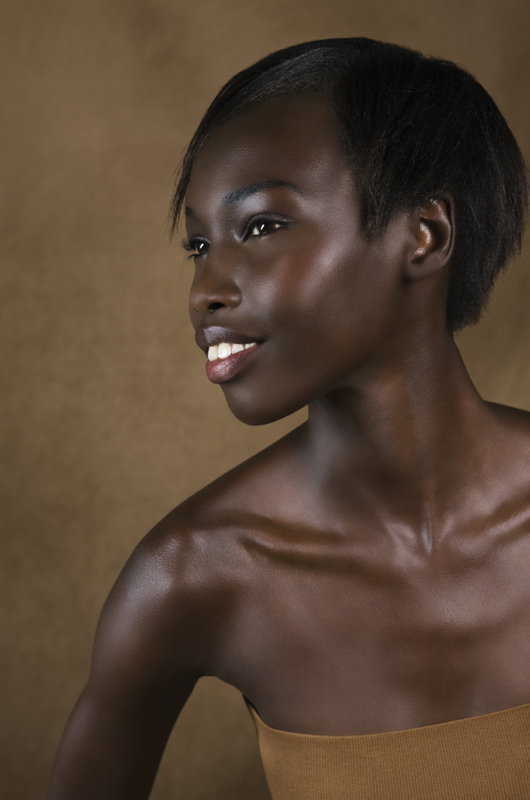
Contents
Introduction
Imagine a life without shampoo... Whether your reaction is ew! or woo-hoo! the idea is intriguing, no?
Perhaps youve heard whispers of no poo at a social gathering. Were your friends frankly discussing their digestive habits? More likely they were talking about a health-and-beauty trend thats taking the beauty world by storm. Going no poo, aka shampoo-free, has gotten press from outlets like the New York Times, Elle , and Marie Claire . A quick Google search shows the practice blowing up all over the health, beauty, and DIY blogosphere. Growing ranks of celebrities are cutting way back onor even ditchingshampoo, or incorporating shampoo alternatives into their hair routine. (Catherine Zeta-Jones uses beer!)
A shampoo-free lifestyle is not only possible, its filled with benefits. Would you like to stop spending so much money on hair care? Would you prefer to live without words you cant pronounce cluttering the labels of your beauty products? Is your hair lackluster? Do you find yourself needing to shampoo it every single dayand would you like a break from that? Do you want soft, fluffy, shiny, healthy, gorgeous locks?
If youve said yes to any of these questions, this books for you. A life without the endless cycle of lather, rinse, repeat is within your reach, and can actually help your hair look and feel better than ever.
While I enjoy the playful ambiguity of no poothe common moniker for the movementthe phrase no sham is equally as fun, and just as fitting. Because thats exactly what the shampoo-free set wants to leave behind: the falseness of the ingredients, the lie that we need a product to clean our hair when that product didnt even exist until very recently.
Why not ditch the sham, ditch the poo, and find what works for you? This book is your one-stop guide to living a life free of shampoo. If you cant bear the thought of dumping shampoo completely, check out the section on low poo alternatives, which provide the benefits of shampoos without the harsh chemicals or unnecessary add-ons. Whatever method you choose, healthier, happier hair is on the horizon. This book covers the whys and the hows, the ins and outs, and the ups and the downs of eliminating shampoo from your routine. Youll hear from folks whove successfully made the transition, why theyre glad they did so, and their tips to help you succeed. Welcome to Shampoo Freedom!

PART 1
Why to Quit Shampoo

P eople have had hair for far longer than shampoo has been around to clean hair. Of course, many things we have today I wouldnt wish to live without (antibiotics, contact lenses, on-demand video streaming), but that doesnt mean that taking steps to simplify our health and beauty routines lacks merit. Chemicals have improved modern life and the human body in many ways, but irresponsible human use of chemicals has its consequences too (think cancer; think climate change).

This book is not meant to give the impression that chemical is a dirty wordevery substance is chemical! Baking soda is just as chemical as polyoxyethylene; even water is chemical. And natural products are not necessarily better, or even danger-free. Poison ivy comes direct from Mother Earth; that doesnt mean you want it in your favorite hand cream. But chemicals can and do affect our health and our ecosystem, and not always for the best. Some of the commonly used chemicals in our everyday beauty products may be worth avoiding. Particularly if theyre unnecessary and have easy, suitable, cost-effective alternatives, why not eliminate them? Minimizing the multisyllabic ingredients in our lives seems more likely to prove beneficial than harmful, dont you think?
In the case of shampoo, a little research and a bit of practice show that theres no need for sodium lauryl sulfates and the parabens contained in nearly all common shampoo brands. Certain shampoo ingredients may even be harmful to our health or the ecosystems. Before we delve into the details of these ingredients, well learn how shampoo came to be a staple in our daily lives.

The History of Sham-poo
Shampoo as we know it now did not exist until very recently. Historically, people cleaned their hair using ash, animal fat, or vegetable starch and used perfume or essential oils to condition it and add fragrance, as well as tools to scrape away gunk and grimeits a far cry from the sudsy wet lather and quick rinses we are familiar with today.
The first manufactured shampoo didnt appear on the market until the early 1900s, and the types of shampoos we use today not until the 1970s. We can trace the roots of modern shampoo, however, back to the 1700s. The English word shampoo comes from the Hindi chmpo , which refers to the Indian custom of massaging the body, including the head and the hair, using herbs and plants for cleansing.

During colonial times, Europeans in India grew fond of chmpo , and the practice subsequently became popular in Europe. The word shampoo came to describe specifically head and scalp massaging, and later the word shampoo was coopted from this massaging practice to refer to the cleaning substance rubbed into the scalp, rather than just the rubbing itself. The verb shampoo as we use it dates back to around 1860, and the noun referring to the cleansing substance to a few years later.


